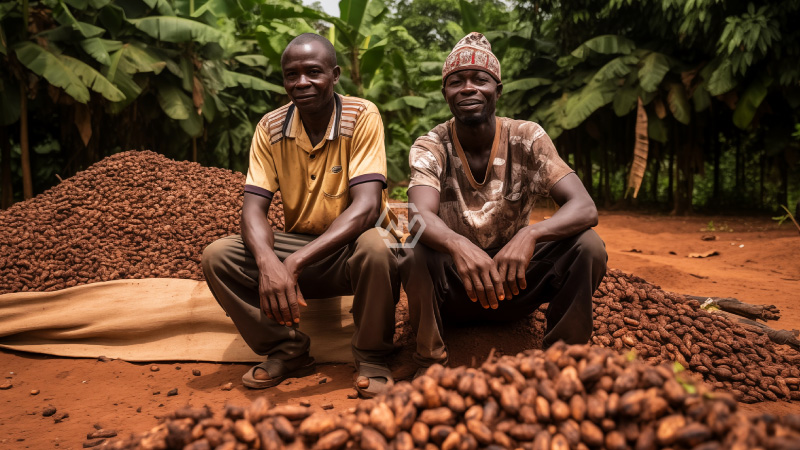- Ghana’s cocoa farmers remain economically marginalized despite their pivotal role in the economy.
- Historical movements like the 1937 cocoa hold-up show the power of collective farmer resistance.
- Political cycles exploit cocoa pricing while failing to address systemic inequities in the value chain.
Ghanaian cocoa farmers have long been trapped in a cycle of low earnings, unstable prices, and political neglect. While COCOBOD was created to ensure fairer compensation, it has often acted more as a stabilizer of state interests than a true advocate for farmers.
The roots of this crisis are colonial. During the 1937–38 cocoa hold-up, farmers disrupted the economy to protest European price-fixing cartels. Their resistance forced systemic changes, including the creation of the Cocoa Marketing Board.
Beyond Politics: Why Ghana’s Cocoa Farmers Deserve Justice
Ghana’s economy is still heavily reliant on cocoa exports, yet the very farmers who make this possible are among the least rewarded in the value chain. Farmgate prices are often disconnected from global profits, leaving cocoa-growing households in cycles of poverty and precarity. Despite years of policy promises, the structural imbalance remains.
The cocoa hold-up of 1937–38 is a stark reminder of what collective resistance can achieve. That mass protest not only disrupted colonial trade but also influenced long-term institutional reforms. It marked one of the first large-scale assertions of economic agency by African producers against global exploitation.
Today’s cocoa industry is entangled in international pricing systems and corporate supply chains that still favor large buyers over small-scale producers. Multinational chocolate companies continue to enjoy record profits, while Ghanaian farmers struggle with rising input costs and unpredictable weather due to climate change.
Reforms must go beyond short-term price hikes. Transparent pricing models, farmer cooperatives, investment in rural infrastructure, and diversification support are critical to making cocoa farming both viable and dignified. Ghana’s cocoa legacy is powerful—but honoring it means truly empowering the farmers behind it.
Ghana’s cocoa farmers deserve more than political promises—they need structural justice that values their labor and secures their future.
“Until the lion tells his side of the story, the tale of the hunt will always glorify the hunter.” – African Proverb



